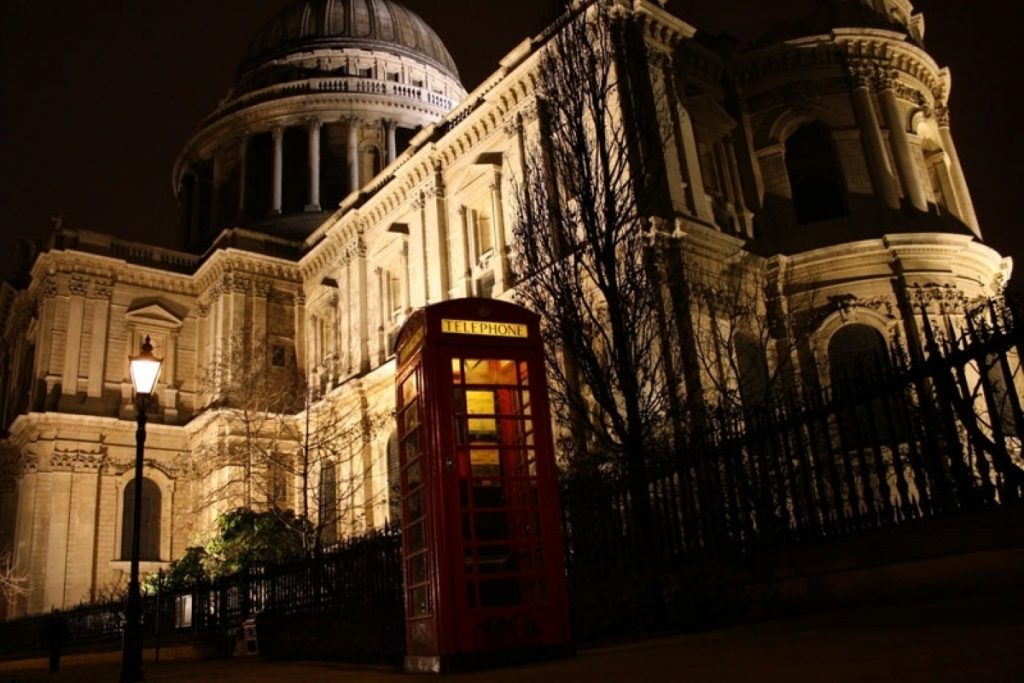Protestors negotiate St Paul’s exit as court battle begins
By Ian Dunt Follow @IanDunt
Demonstrators camped outside St Paul's cathedral are considering plans to leave the area as the court case into their presence begins.
The City of London Corporation is arguing to Mr Justice Lindblom that the encampment infringes "the rights and freedoms of others" in a case expected to last four days.
Protesters say their action is protected under articles ten and 11 of the Human Rights Act, guaranteeing freedom of expression and assembly.


The case could be made redundant by plans being argued out in the tent city however, with demonstrators considering leaving the square in the new year as long as they can leave a scaled-down presence outside the cathedral and a 'symbolic tent' within.
Those plans still need to be agreed by the protesters using their internal voting system and will be considered by the church in a meeting this week.
The court case could potentially complicate the execution of the plan. If the City manages to win its battle to have all tents on the highway removed, the exit plan could not be implemented, making a compromise impossible.
"The City is not bringing these claims to protect the banks, nor is it bringing them to prevent peaceable protest against the financial sector. Nor is it bringing these claims to stifle freedom of speech," said Counsel David Forsdick.
"It is bringing these claims solely to remove the semi-permanent protest camp because, after very careful consideration, it has concluded it is necessary to do so. It is a pressing social need in order to protect the rights and freedoms of others."
The City claims late-night drinking takes place at the camp and that local companies are losing trade.
Although the cathedral is not joining the corporation in its legal battle to rid the churchyard of activists, it provided a witness statement saying the camp's presence was having a detrimental effect on the life of St Paul's. The evidence forms part of the corporation's case against the activists.
John Cooper QC, representing the principal defendant, Tammy Samede, said the camp has little to no effect on the public.
"The protest camp does not prevent or restrict those who worship or wish to worship at St Paul's," he said.
"The protest camp does not have significant impact on the rights and freedoms of those visiting, walking through or working in the vicinity. Any impact the protest camp may have on the rights of others is not solely detrimental.
"Arrangements have been made for sanitation, disposal of waste and cleaning. The location is suitable for a semi-permanent expression of article ten and article 11 rights. The level of criminal activity has not increased. The camp is being properly managed."
The church itself is trying to take an arms-length role in the battle, after the initial setting up of the camp triggered a spate of resignations.
While it is not helping the City with its legal bid, its statement about the effect of the camp is being used by the City in the case.
Occupy London also has a presence in an empty UBS office in Hackney and Finsbury Square, Islington, but the St Paul's camp is the centre of media attention and many campaigners want it to remain a focal point for those concerned about the financial sector.
Recent media reports have played up social problems at the camp, with many citing HIV risks, defecation and anti-social behaviour.
But the camp has received considerable support from prominent public figures, including Radiohead frontman Thom York, playwright Alan Bennett and American civil rights leader Jesse Jackson.

